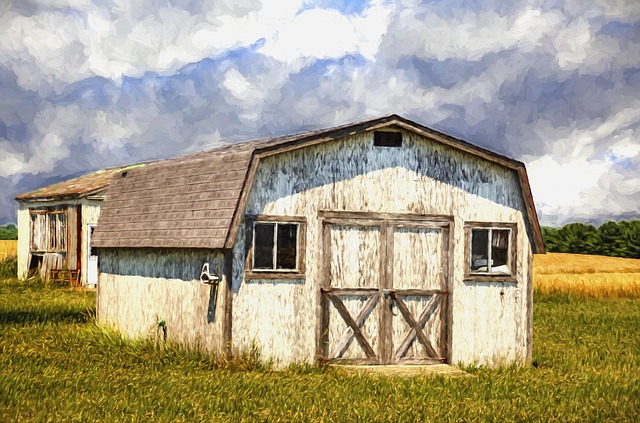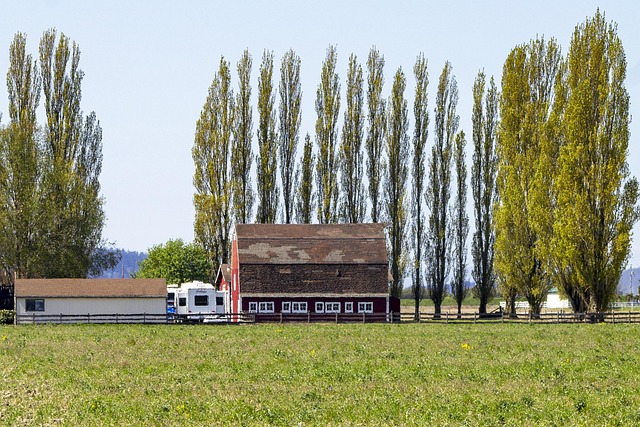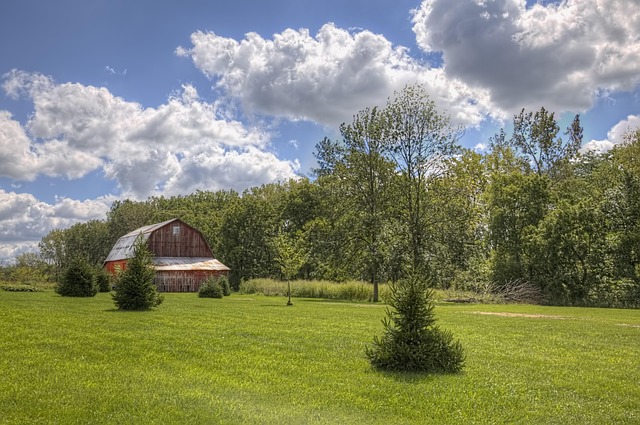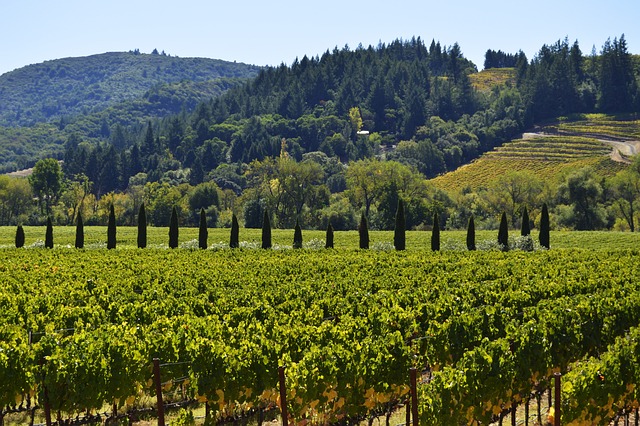In real estate, embracing active traditions like historic farming and craftsmanship not only preserves cultural heritage but also inspires sustainable living and community engagement. By showcasing historically significant properties, collaborating with local artisans, and designing spaces that encourage interaction, professionals can elevate the real estate experience. This approach caters to buyers seeking self-sufficiency, resilience, and a connection to land, combining historical spirit with contemporary needs to create functional, durable, and environmentally conscious living spaces.
“Discover how active traditions and the frontier spirit shape modern real estate practices. This article, ‘Unlocking the Frontier Spirit: Exploring Active Traditions in Real Estate’, delves into the historical evolution of vibrant communities and their enduring values. We examine how these traditions are integrated into contemporary real estate, fostering innovative practices that resonate with a diverse range of buyers and sellers. By understanding the connection between frontier values and modern markets, industry professionals can create more inclusive, dynamic spaces.”
Unlocking the Frontier Spirit: Exploring Active Traditions in Real Estate

In the realm of real estate, exploring active traditions can unlock a unique frontier spirit that goes beyond mere property transactions. Delving into these cultural heritage sites and practices offers a glimpse into the past, where communities thrived on resilience, innovation, and a deep connection to land. Active traditions, such as historic farming methods or traditional craftsmanship, not only preserve valuable skills but also inspire contemporary approaches to sustainable living and community engagement.
Real Estate professionals can play a pivotal role in preserving and promoting these active traditions by integrating them into their practices. This involves showcasing properties with historical significance, collaborating with local artisans and farmers, and creating spaces that foster community interaction. By embracing the frontier spirit embedded in these traditions, real estate becomes more than just a business; it becomes a catalyst for cultural preservation and an enhanced quality of life for residents.
The Evolution of Active Communities: A Historical Perspective
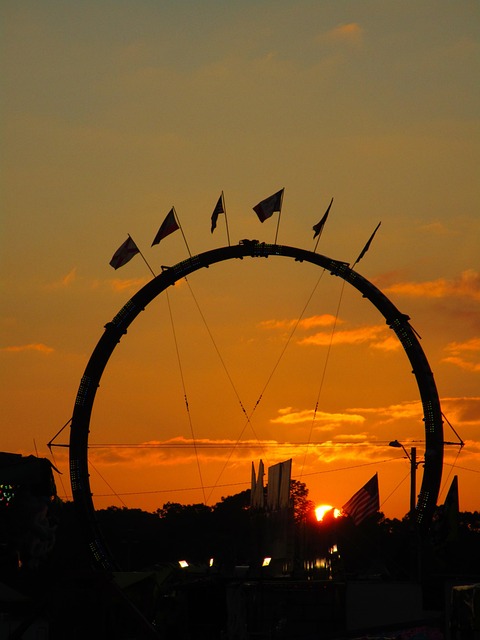
Active communities have evolved over time, reflecting a frontier spirit that transcends geography and era. Historically, human settlements often formed around common goals—be it access to resources, safety, or the pursuit of new horizons. In the context of real estate, this translates to early towns sprouting up along trade routes, riverbanks, and fertile lands, driven by the need for sustenance and commerce. These foundational communities were characterized by a strong sense of collective purpose, where neighbors actively contributed to communal well-being through shared labor, knowledge, and resources.
As societies progressed, so did community dynamics. The advent of industrialization led to the growth of urban centers, where individuals from diverse backgrounds converged, fostering new types of active communities centered around industry, innovation, and social reform. Today, these historical roots still resonate in modern communities that thrive on collaboration, adaptability, and a drive to shape their surroundings—a legacy of our frontier spirit carried forward through time and across landscapes.
Incorporating Frontier Values into Modern Real Estate Practices

Incorporating frontier values into modern real estate practices involves a mindful synthesis of the past and present. The pioneering spirit of self-sufficiency, adaptability, and community resilience resonates deeply with contemporary buyers and sellers who seek more than just a property—they crave a lifestyle. Real estate professionals can reflect this frontier spirit by emphasizing features that promote sustainability, versatility, and communal living. Think off-grid capabilities, smart home technology enabling remote control and monitoring, and open floor plans designed for flexible use.
These modern adaptations not only cater to the desire for independence and innovation but also enhance property value in today’s market. By embracing frontier values, real estate practices can attract a niche yet significant segment of buyers who prioritize functionality, durability, and an intimate connection with their environment. This approach ensures that the enduring legacy of frontier traditions continues to influence and enrich modern living spaces.
